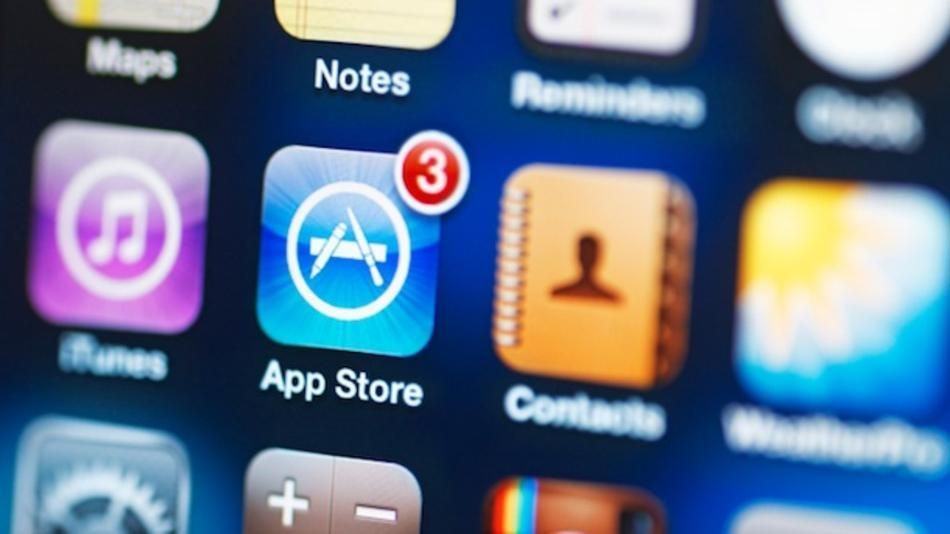I followed the advice of an App Store optimization expert last year in an attempt to promote my iPhone app. Big mistake. It felt wrong at the time, and it did more harm than good. Now I’ve learned to trust my gut instincts instead.
Marketing gurus and snake oil salesmen have been selling search engine optimization (SEO) for years. The trouble is that there are millions of websites competing for the top spot and they can’t all win.
Now, with more than a million apps on the App Store and only a handful ever visible in the rankings, a new industry of App Store optimization, or ASO, has emerged. And like SEO, it has big problems.
ASO: the good, the bad and the gray area
Some ASO advice is common sense, like choosing the right categories to list your app in, designing a good icon and writing clear, concise copy. But other ASO techniques are just plain cheating, like paying for downloads and reviews.
And then there’s the ASO that falls somewhere in between. It’s not wrong, per se, but somehow it’s just uncool.
My big mistake
And this brings me to the mistake that I made. Our app had always been called “Reps & Sets” on the App Store. But in an attempt to improve its visibility in search results, I added some keywords to the name, and so it became: “Reps & Sets – Gym Logging”.
The name change had no significant impact on our sales, so I decided to switch it back. But it turned out I couldn’t because another app had now taken that name.
I had made a stupid mistake, and its one that my partner still hasn’t quite forgiven me for.
What’s frustrating is that I knew at the time it was not cool, but I was just so desperate to do whatever I could to improve our sales, I figured it was worth a try. Never again.
Would Apple do that?
These days, I ask myself, “Would Apple do that?” And I’ve got much better at saying “no” as a result. Can you imagine Apple cramming keywords into their app names, like: “Keynote – presentation slide templates for business” or “iMovie – video editing movie editor.” Of course not.
You might say that’s just because Apple is so big that it doesn’t need to use ASO. (Plus it helps that they actually own the App Store.) But I think there’s more to it than that.
An app with loads of keywords crammed into its name just looks desperate, and the resulting negative impact on your brand does far more harm than the handful of extra sales the clunky title might deliver. Brands like Apple prefer to keep it classy instead. And from now on, so will we.
Learning to say “no”
But this is about more than just ASO. There are many ways that app developers can be tempted to the dark side.
Since positive reviews have a major impact on your visibility in the App Store, it’s tempting to pester your users into giving you a review with annoying pop-up messages in your app.
Many apps do exactly that. Some even ask: “Are you enjoying using this app?” and then only request a review if you say “yes.” If you say “”no,” they ask you to send them an e-mail about it, which may well go ignored, since it was clearly all about getting good reviews in the first place.
How uncool is that? It hardly suggests an app that is putting its users’ best interests first.
Attack of the marketing droids
My partner and I have started calling people who recommend this kind of technique “marketing droids,” because they are following conventional wisdom on how to market an app without really thinking about whether it is how they would like to be communicated to as a consumer.
And the marketing droid mentality isn’t limited to ASO. I’m continually bombarded by spam telling me how I can “monetize” our app with all kinds of ads and promotions. For example, someone wanted us to offer free snacks as a reward for completing a workout. When I explained that I didn’t think this kind of promotion was appropriate in a fitness app, I was told that the marketer “didn’t think of it as a promotion so much as a value-add feature that users appreciate.”
Seriously?
We don’t have ads and promotions in our app — because we don’t like them. That’s why we don’t do a free, advertising-funded version of the app. We prefer to keep the app uncluttered and charge a fair price.
No special offers. No time-limited sale prices that seem to go on forever. And no nasty-surprise expensive in-app purchases necessary.
Keeping it classy
Some marketing droids may think we’re being hopelessly naive as a tiny business trying to keep our marketing classy like Apple’s. But I think they’re wrong, and here’s why. We have tried plenty of different marketing techniques in the past, but the only thing that has ever really driven sales for us is when we’ve been featured on the App Store by Apple. And Apple curates the App Store carefully, selecting apps that reflect the company’s values.
So perhaps keeping it classy and ignoring the marketing droids is not such a bad strategy after all.



